Post-surgery pain for children can be difficult to understand and making sure they are comfortable is the main priority. Pain is a subjective experience, and as parents, we are often in tune to the slightest changes in our child’s behavior, especially in children that may be too young to verbalize pain.
So, what can parents do? I recommend observing how your child recognizes pain prior to surgery and understanding how they think about pain to help reduce overmedication and help promote a normal healing process.
Weaning children off pain medications
There is no standard method to wean children off medications they receive for pain after surgery.
When children are discharged from the hospital, pain medications are often prescribed based on the severity of the procedure. The medication will be stronger if the surgery is more severe. Successful treatment of a severe surgery may require your child’s pain medication to be on a set schedule or on an as-needed basis.
After your child’s procedure, you can expect that the hospital will educate you about how and when to use any pain medications, the side effects and when to stop using that prescribed medication.
Preventing overmedication
The best and safest practice for administering medication to children is to follow the instructions that were given with the prescription and use proper measuring devices. Often prescriptions are written in tablespoons, teaspoons, cubic centimeters (cc) or milliliters (mL). If you aren’t familiar with the unit of measurement, your pharmacist can be an excellent resource to answer any questions.
Five tips to manage pain
Additionally, I recommend parents follow these five tips to help children manage their pain after surgery:
- Allow your child time to recover. Often young children and adolescents may find it difficult to stay in one place. Providing a structured schedule for recovery the first few days may aid in decreasing pain and speed up their recovery.
- Try to facilitate a calm, quiet environment for recovery.
- Distraction is a powerful tool. Often toys, books, movies and friends can be as powerful as any pain medication.
- Often sleeping habits and patterns may change because of both the surgery and pain. Being cognizant of this and allowing for flexibility can aid in speeding up a child’s recovery.
- Remember that every child is unique. Some children take more time than others to return to their normal daily routines.
 https://riseandshine.childrensnational.org/wp-content/uploads/2025/07/girl-at-doctors-feature.jpg
300
400
Rise and Shine
https://riseandshine.childrensnational.org/wp-content/uploads/2017/11/childrens_riseandshine_logo.jpg
Rise and Shine2025-07-10 17:44:132025-07-10 17:44:13Back-to-school physicals: A message from your pediatrician
https://riseandshine.childrensnational.org/wp-content/uploads/2025/07/girl-at-doctors-feature.jpg
300
400
Rise and Shine
https://riseandshine.childrensnational.org/wp-content/uploads/2017/11/childrens_riseandshine_logo.jpg
Rise and Shine2025-07-10 17:44:132025-07-10 17:44:13Back-to-school physicals: A message from your pediatrician



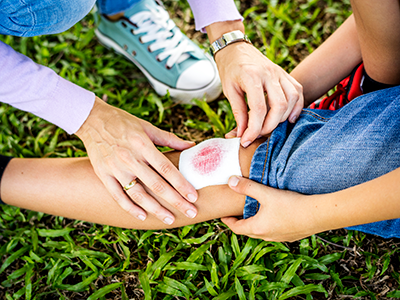



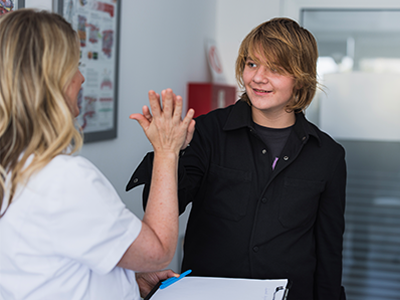




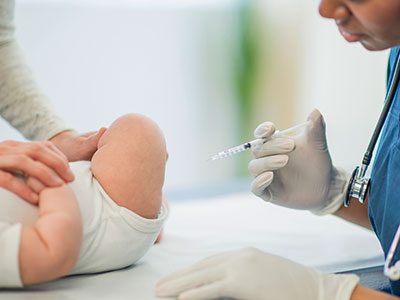


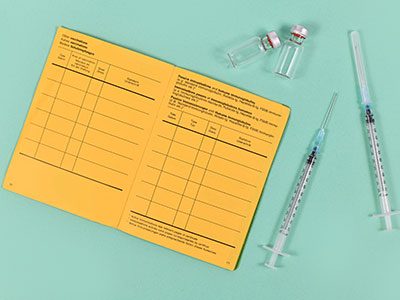

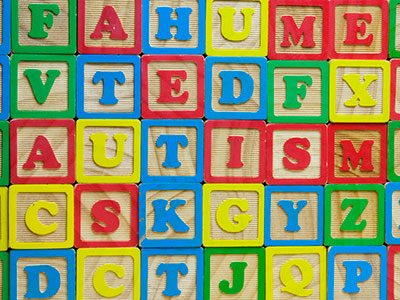
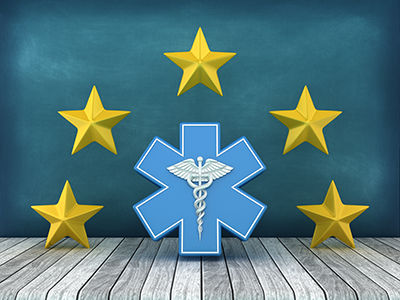
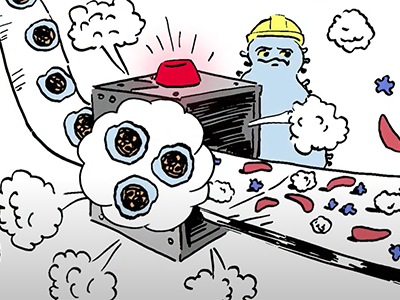
Leave a Comment
Want to join the discussion?Feel free to contribute!